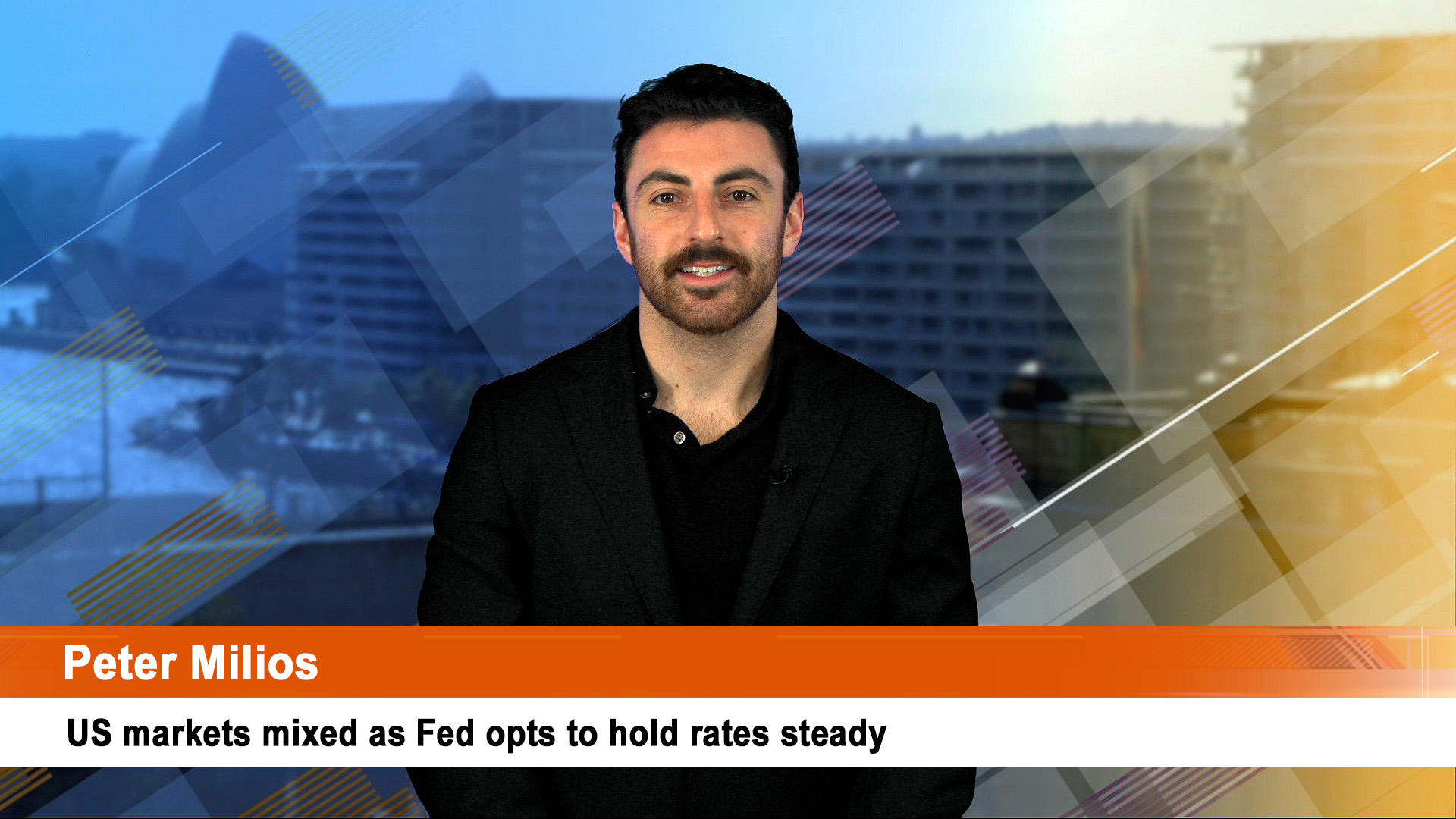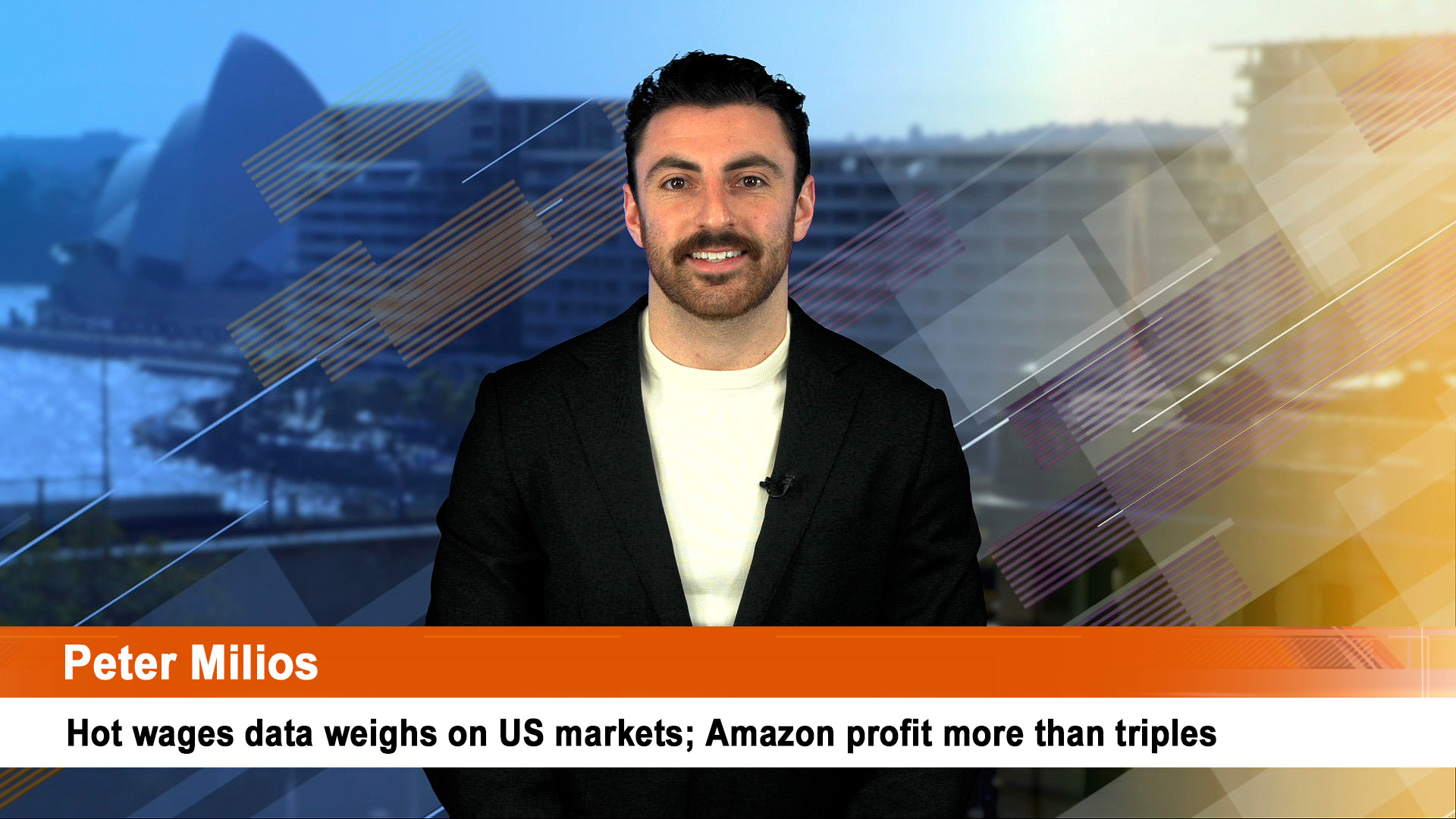The Toronto-listed shares in battery metals company Jervois Global caught up with Wednesday’s move in Australia, slumping 38% after the near 42% plunge on the ASX.
The fall, which wiped tens of millions of dollars from the company’s market value, followed the shock update which revealed its grand plans to expand deeper into cobalt mining and processing in the US had come unstuck due to weak prices for the key renewable metal and continuing cost pressures.
Jervois told the markets that it had stopped final construction work on its much-touted flagship Idaho Cobalt Operations (ICO) in the US.
That saw the shares close at 6.7 A cents on Wednesday on the ASX and 7 Canadian cents on Toronto Exchange.
Jervois blamed falling cobalt prices and inflationary cost rises for the shock decision.
The company said it was still bullish for the metal – in the medium term as it expected prices for the battery metal would recover because of rising demand from electric vehicles (EVs) makers, energy transition initiatives and demand from Western countries transitioning to a carbon-less future.
Jervois said it intends finishing construction of the full concentrator at ICO once cobalt prices recover, which it also expects will align with refining capacity in the US brought into operation by the company and/or third parties.
Cobalt is a crucial component in EV batteries and is on the US government’s critical minerals list.
Last week, the US and Canada struck a deal that will see companies with critical minerals projects from both countries be eligible this spring for financial aid from a $US250 million fund.
This week Japan and the US reached agreement on electric vehicle battery minerals that will strengthen battery supply chains and granting Japanese automakers wider access to the new $US7,500 US electric vehicle credit contained in the Inflation Reduction Act of 2022 and the $US369 billion in assistance to green and renewable businesses and products such as solar panels and EVs.
Jervois has applied for funding from the US Department of Defence to accelerate drilling to increase the mineral resource and reserves at ICO, and to assess the construction of a US cobalt refinery.
(Lynas has obtained $US120 million from this department for its planned heavy rare earths separator to be built in the US state of Texas.)
Jervois told investors that both will proceed despite the suspension of construction at ICO, said to be the largest cobalt resource in the US.
The project was partially built when Jervois bought it in July 2019, with more than $120 million invested by the previous owners.
The operation would entail a 1,200 tonne a day mill and concentrator to produce separated cobalt and copper concentrates, with a gold by-product.
Jervois owns a nickel and cobalt refinery in Brazil and is talking to third parties in countries such as Canada and Australia to convert the mined material.
Around 80% of global cobalt refining is concentrated in China, but capacity is growing elsewhere, including at Finland’s giant Kokkola refinery, which Jervois bought in 2021.
Glencore is the single biggest producer from mines in the Congo and Australia (The Murrin Murrin nickel-cobalt mine in WA once controlled by Twiggy Forrest).
But Bloomberg reported last week that Glencore is about to lose its top position to Chinese company CMOC.
“The challenger to Glencore’s dominant position is CMOC Group, which first became a major player in the cobalt market when it acquired the Tenke Fungurume mine in the Democratic Republic of Congo in 2016.
“The company aims to double production this year, as it brings another massive Congolese mine online in the second quarter. That will propel it past Glencore, company filings show,” Bloomberg reported on March 21.
Bloomberg made the point that the Chinese company is spending more than $1.2 billion on the new mine and plant, despite cost pressures and falling cobalt metal prices.













